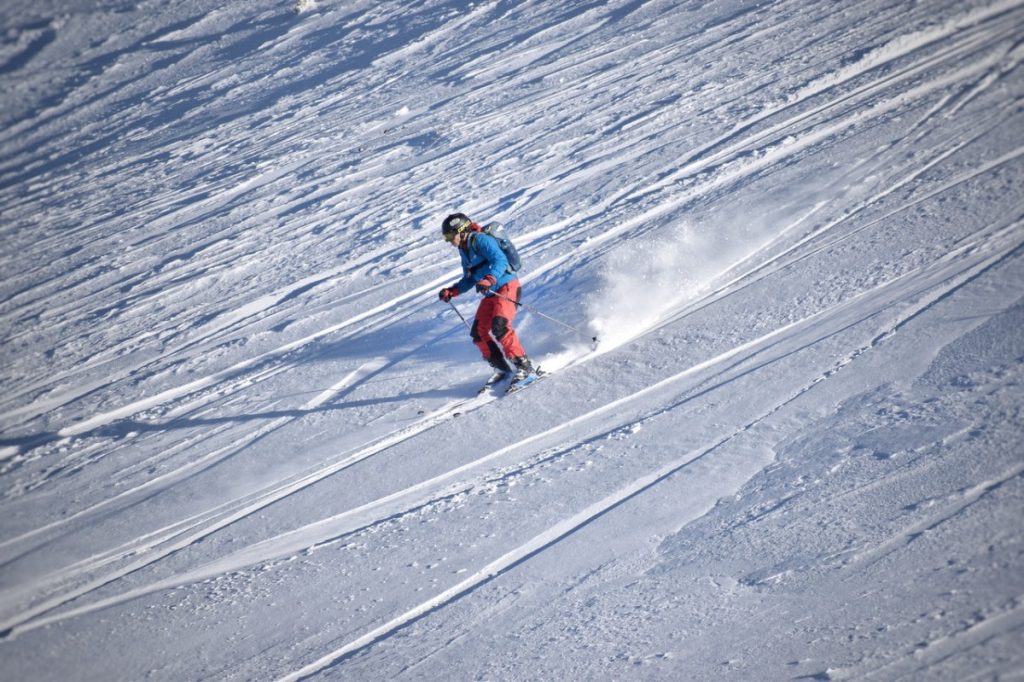When you’re one of those people that are high sensitivity to cold weather, doing regular outdoor activities can already be challenging enough. But when you’re engaging in winter sports that will have you out in freezing temperatures all day is an entirely different story.
Nevertheless, being ultra-sensitive to the cold shouldn’t stop you from using your Blizzard Black Pearl gear and seeking winter adventures to your heart’s content. However, you also wouldn’t want the extreme cold to spoil your fun and possibly put your safety at risk. That said, here are some of the best ways to prepare for winter sports, especially if you are sensitive to the cold:
1. Go to your doctor
If you constantly find yourself complaining of being too cold when others around you are comfortable, you may be suffering from cold intolerance. Cold intolerance is the extreme sensitivity to cold temperatures. It can root from problems with your hypothalamus, which is the organ that regulates your body temperature. It can also stem from a thyroid issue that could be causing improper functioning of your metabolism, leading to a lack of body heat generated from burned calories.
Cold intolerance may also be caused by other health conditions, such as anemia, anorexia, fibromyalgia, and vascular problems. Go to a doctor to determine the underlying cause of your intolerance to the cold. Since it is a symptom and not a disease, you would need to address the root cause to minimize or eliminate it entirely. Furthermore, the conditions that cause cold intolerance would need to be treated anyway so that you can lead a healthy, normal life.
2. Invest in good winter clothing
Even if you are not doing winter sports, it is extremely important that you wear proper clothes when going out in the cold. Invest in good quality winter clothing that can keep you warm enough without making you sweat underneath. And if you are sensitive to the cold, you may need more layers or more insulation than other people.
But when engaging in winter sports, wearing a lot of layers is not always a practical solution. You would need clothes that are well-insulated without being too heavy or thick so that they don’t impede your movements while skiing or snowboarding. Furthermore, they need enough wind resistance to prevent the chill from reaching your body while moving at great speeds.
If you want the best quality winter clothes, buy clothes that are designed for winter sports specifically. Unlike regular winter clothes, these clothes will have more insulation and windproofing fabrics to keep you warm and comfortable throughout the day.

3. Know your limits
If you have a higher sensitivity to the cold more than other people, you may not be able to stay out in the cold or go down as many ski runs as they do. With that in mind, stay within your limits and refrain from pushing yourself when you are already feeling uncomfortable. Instead, go back inside to warm up until you are ready to face the cold again.
If you are doing winter sports with other people, you should also let them know about your limits. This way, they won’t get confused about why you want to sit out the next session after only doing one, and will also prevent them from pressuring you to do go beyond your limitations.
4. Condition your body
Your body has to work harder in cold temperatures to keep itself warm. And if you plan on doing winter sports, you would need specific strength and coordination to remain stable on uneven surfaces like ice and steep hills. Furthermore, the majority of winter sports require a lot of leg strength, especially when moving at high speeds.
It can take four to six weeks for your body to adapt to an exercise program, so it’s highly advisable to start conditioning your body way before winter comes rolling in. Find a training program that works for you or enlist the help of a trainer that can create a tailor-made routine. At the same time, pay attention to what you eat to ensure that you don’t put on extra pounds that can make it harder to carry your weight while doing winter sports.
It can be disheartening when you’re engaging in winter sports and can’t stand the cold as well as other people do, which is why ample preparation is key. If you have a high sensitivity to the cold, find out the underlying cause and address it with the help of your doctor. At the same time, prepare for your trip by buying good winter clothes, outlining your limits, and conditioning your body for the cold.
